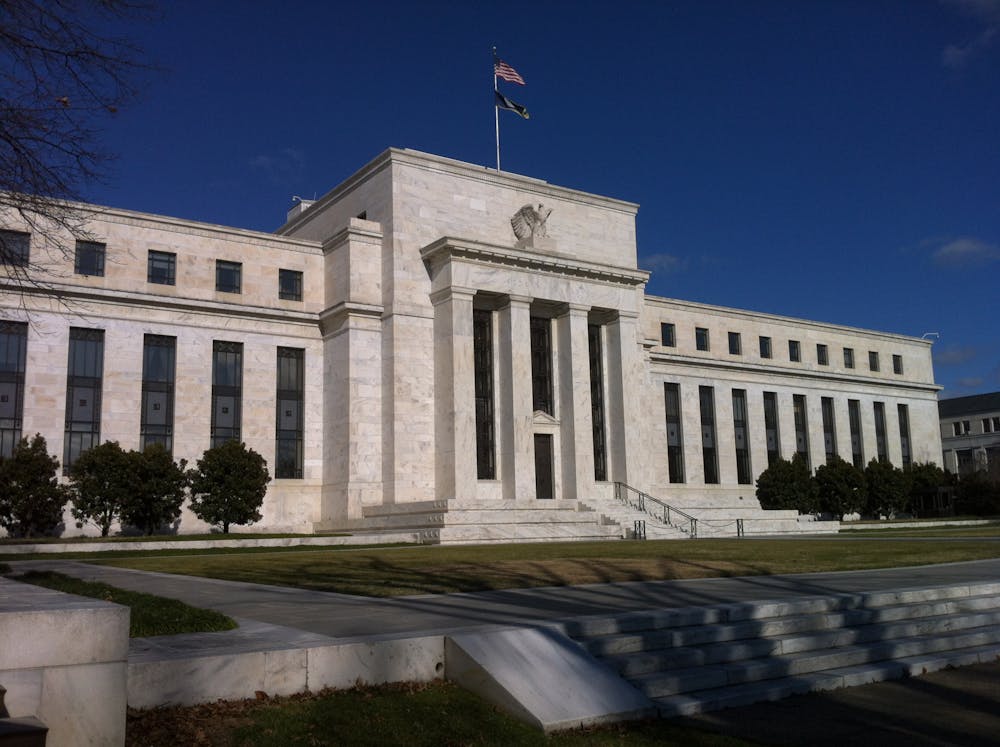By Gauri Patel
Staff Writer
Inflation in the United States is currently at a four-decade high, and the Federal Reserve is determined to get ahead of it in any way possible, even if it leads to increased unemployment for Americans. According to NBC News, the Fed recently raised its key interest rate by 0.75%, and it plans to continue keeping interest rates high until inflation is once again under control. This is not the first time the Fed has increased rates this year. In fact, it has raised its benchmark rate five times since the beginning of the year.
The current high rate of inflation can be attributed to several factors, notably the COVID-19 pandemic and the war between Russia and Ukraine. At the early stages of the pandemic, the global lockdown caused consumers to save their money instead of spending it. As restrictions eased, the demand for goods and services increased; however, suppliers were unable to keep up with this demand. A combination of labor shortages, shipping delays and supply chain disruptions resulted in an increase in prices. In addition, Russia’s invasion of Ukraine weighs adversely on the issue of inflation: Western countries’ sanctions on Russian imports have interfered with the import of Russian crude oil into the United States. The substantial spike in gas prices resulted from the disruption of Russian oil supplies.
The Chair of the Federal Reserve, Jerome H. Powell, forecasted the consequences of an interest rate hike in a speech last month saying that “restoring price stability will likely require maintaining a restrictive policy stance for some time.” His words indicate that the aim is to return inflation to a standard 2%. The economy will thus slow as there is a decrease in consumer demand, so essentially, prices should not increase as quickly when demand falls. The higher the interest rates, the more costly it is for consumers to borrow money from banks to purchase goods or services, including buying a car, getting a mortgage or starting a business, and this will slow consumer spending.
The Fed’s decision will ripple through the economy and have far-reaching effects. Ordinary people will not have as much disposable income and those who cannot afford the higher cost of essentials will especially suffer. Employers will require less labor and they may partake in lay-offs, so unemployment will increase..
There is a risk that increasing interest rates can cause the U.S. economy to go into a recession, but some experts believe that it is a necessary evil. If inflation is not controlled by the Federal Reserve, then high prices for everyday goods and services will become the new norm. Despite the Fed’s efforts, some economists say that the increase in interest rates has not had a reasonable impact on curbing inflation, meaning that prices have not yet been reduced. They suggest policy alternatives, such as “price controls, a windfall profits tax on some corporations that charge high prices and a dramatic expansion of U.S. production to address supply shortages.”
Without a doubt, the Federal Reserve will take any action necessary to bring inflation back down and stabilize the economy.
“We will keep at it,” Powell says. “Until we are confident the job is done.”







